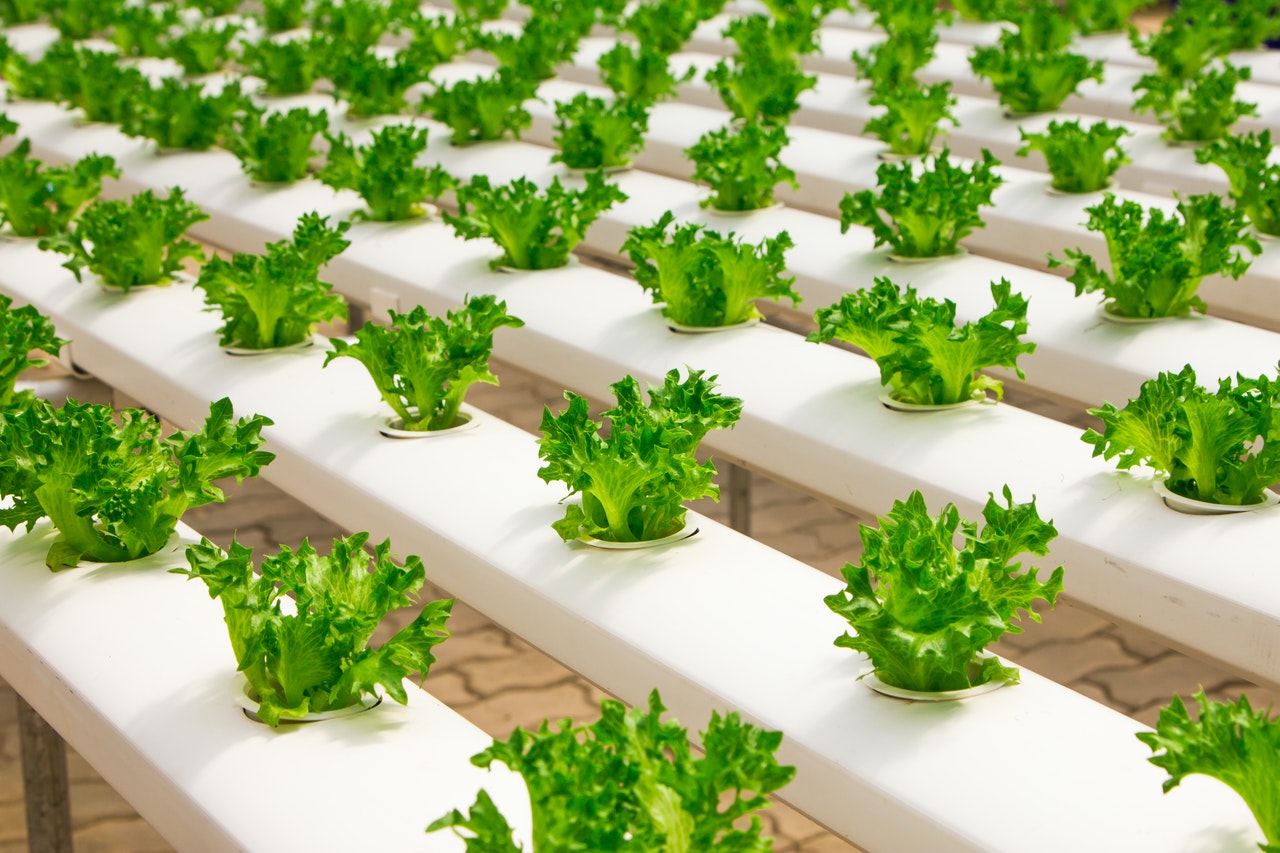There is a multitude of industries that have been hit hard by the pandemic. Although some businesses are fairing well, especially those that don’t necessarily have to rely on foot traffic and a steady influx of face-to-face engagements, the plummet in demand for a variety of products has created a “domino effect”, which can eventually affect businesses that might seem unaffected by the global health emergency.
The food industry is just one of the industries that have seen drastic changes in how it deals with everyday operations in the past nine months. In order for these businesses to “stay afloat” during the pandemic, these changes are necessary for ensuring that damage to the corporate balance is at a minimum, protecting the well-being of employees, and ensuring that sales quotas are met.
To accommodate most of these changes, retailers, restaurants, agriculturists, and food manufacturers will need to come up with different innovations that can ensure business continuity, even without the need for the presence of the customer. As many more and more businesses migrate to more “unconventional” means of doing day-to-day operations rather than going back to more traditional means, it’s high time that we start thinking of different procedures that will help businesses in the long-term.
So what are some popular trends and changes in the food industry that have helped multiple businesses through the pandemic? How will this affect the food industry post-COVID? We’ll be delving into detail on what the industry will do.
Technology As A Medium
Historically, most crises are known for sparking a variety of innovations; when problems arise, professionals and experts are bound to find solutions to such problems. Technology is a product of a lot of different problems in the last few centuries. Even during a pandemic where most industries and companies have to stop operations, technology has always been steadily evolving to accommodate the needs of the market.
Conversely, technology has also been one of the best ways of connecting and communicating with others, especially when social distancing guidelines are in full effect in several countries. Because of technology, we now have contactless ordering, deliveries, payments, and pick-ups without having to come in contact with someone that might be potentially infected.
Similarly, the pandemic has accelerated innovation that wouldn’t have made it into the public radar. This includes virtually tipping and order-and-pay options through your mobile device.
Revamping Food Safety and Customer Experience
Next, food safety should always be a priority, especially when safety practices of a lot of different industries have been put into question following raises of cases. Even though the main mode of transmission for COVID-19 is through airborne droplets from individuals that are sneezing and coughing, transmission can still happen, especially when it comes to the surfaces of food products. It’s known that 40% of individuals are even more careful when washing fresh produce that is unpackaged.

Food safety has also put into question the overall experience of the target market. In just about any business, customer experience will leave a lasting impact on customers. In fact, customers are willing to pay more to have a better customer experience. But during the pandemic, it’s harder knowing what the overall impact of your products is towards your target audience, especially if they’re not present in your establishment in the first place. However, there are still ways of knowing how customers react to food, especially in the form of online reviews and data.
What’s a great way of ensuring that customers will still get a good customer experience while ensuring that their food is safe to it? Innovating the packaging of food products is known for affecting the experience of customers. Since it’s been playing an integral role in the industry, packaging has grown in demand for a lot of food-related businesses.
Since packaging is in high demand, especially in keeping customers happy during the pandemic, it’s important to have food packaged and delivered in a professional and timely manner. Fortunately, there are professionals, like elakeside.com, that can help increase the likelihood of long-term customers.
Food Sustainability
But other than just the pandemic, there are also other issues that the food industry will need to address. Although the pandemic has placed many businesses on a stand-still, it has also exposed a variety of flaws in how businesses in the industry operate. Since most food-based businesses are known for being highly-centralized, with a last-minute mental attitude, this has caused a shortage of supply of food and have caused several environmental problems.
Since most of these environmental issues have led to an increase in greenhouse gas emissions, most of these businesses have been re-thinking the principles behind the industry.
The food industry is one of the many sectors in society that have been hit hard by the pandemic. But even though it has been hit hard, the industry has been making progress in revamping much of its system to cater to the needs of the people. Even after the pandemic, some of these trends will still remain.

